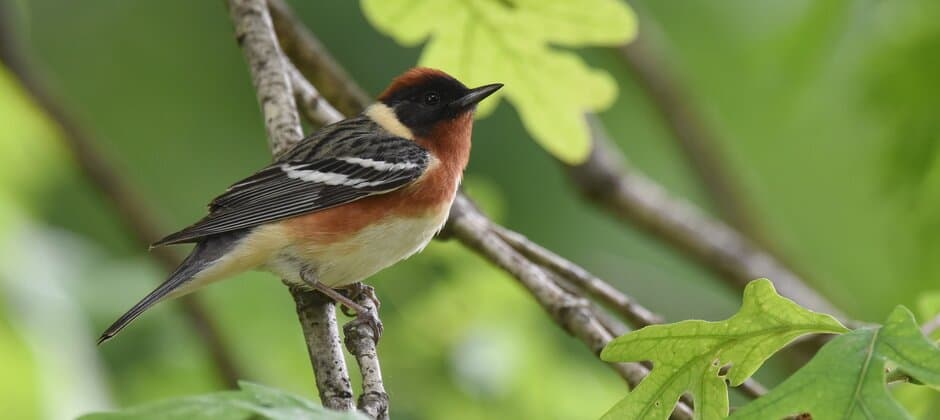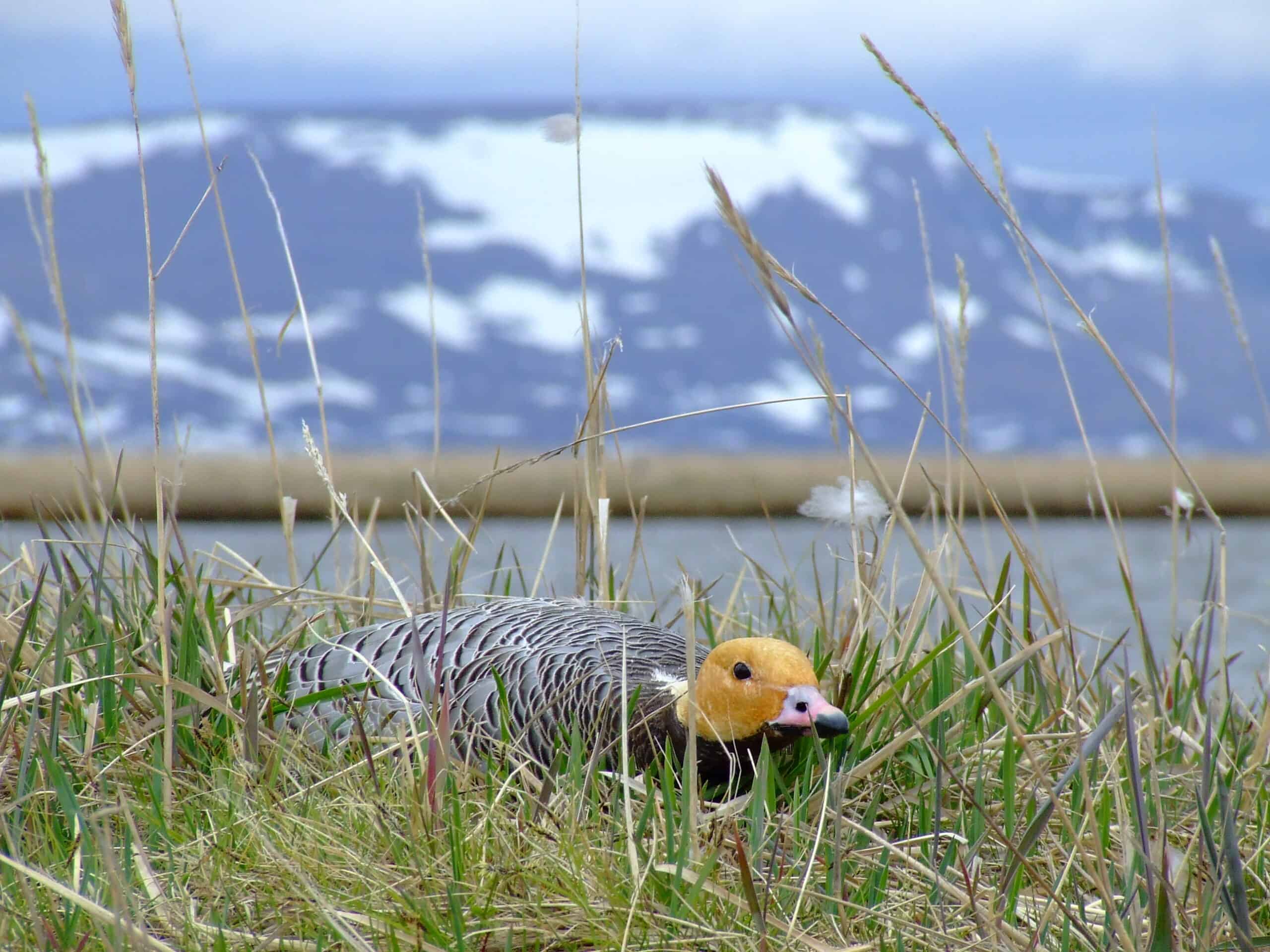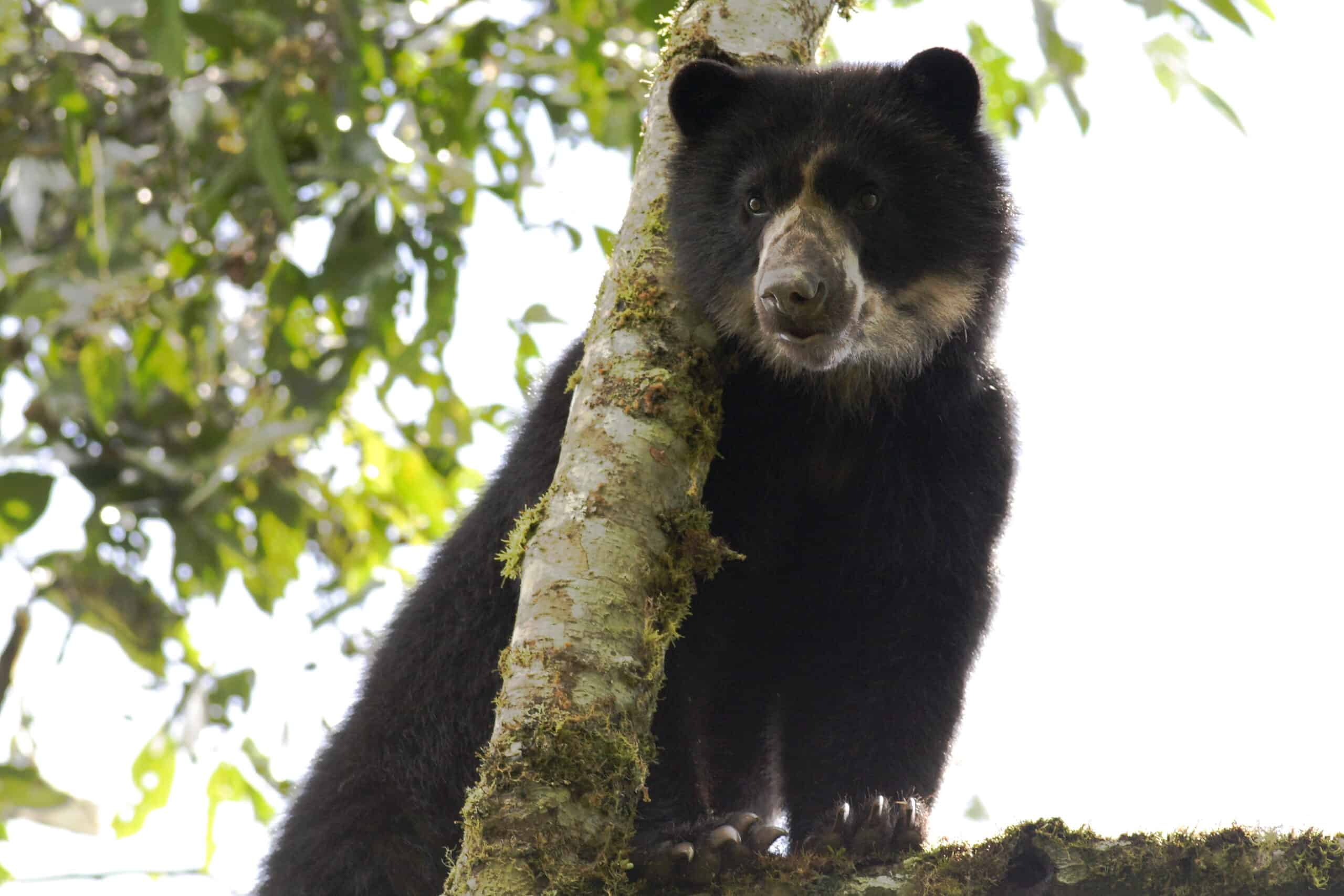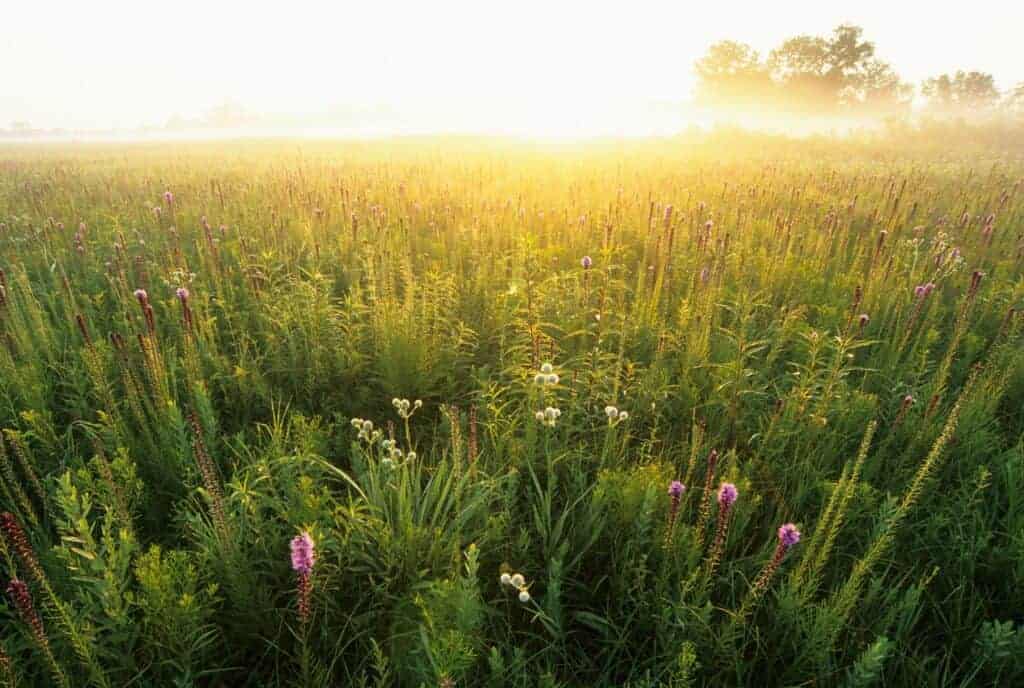Share this article
Newly introduced bill would expand migratory bird protections
A new bill introduced to the U.S. Senate would reauthorize and expand migratory bird conservation programs funded by the Neotropical Migratory Bird Conservation Act.
The Migratory Birds of the Americas Conservation Enhancements Act (S.4187), introduced by Senators Ben Cardin (D-Md.) and Rob Portman (R-Ohio), aims to improve upon the migratory bird protection programs and funding established by the Neotropical Migratory Bird Conservation Act (NMBCA).
The NMBCA provides grants to domestic and international entities throughout the United States, Canada, Latin America and the Caribbean for migratory bird conservation projects. Nonfederal partners match grant requests by a 3:1 ratio—for every dollar spent by the U.S. government, a partner organization contributes at least three additional dollars. These NMBCA grants support projects on research and monitoring, law enforcement, community outreach and education, and the management, protection, and restoration of bird populations and habitat.
The bill, S. 4187, proposes lowering the required cost-sharing for grant recipients from 3:1 to 2:1, making conservation programs more accessible to smaller organizations. It would also increase the amount of funding that can be provided to the program annually from $6.5 million to more than $20 million.
Recent studies have found that neotropical migratory bird species populations are facing escalating anthropogenic threats like light pollution, habitat loss, urbanization, invasive species and more.
“Migratory birds play a crucial role in our ecosystems, our agriculture, and our national and local cultures,” said Senator Cardin in a press release. “The programs funded by the Neotropical Migratory Bird Conservation Act have a consistent track record of success in helping to sustain populations of migratory birds that face threats to their health and habitats. The reauthorization of this bill marks our continued commitment to improving our environment and investing in the flora and fauna that help our communities grow and thrive.”
Header Image: Bay-breasted warblers (Setophaga castanea) are one of 380 migratory bird species protected by Neotropical Migratory Bird Conservation Act programs. Credit: Andy Reago and Chrissy McClarren








